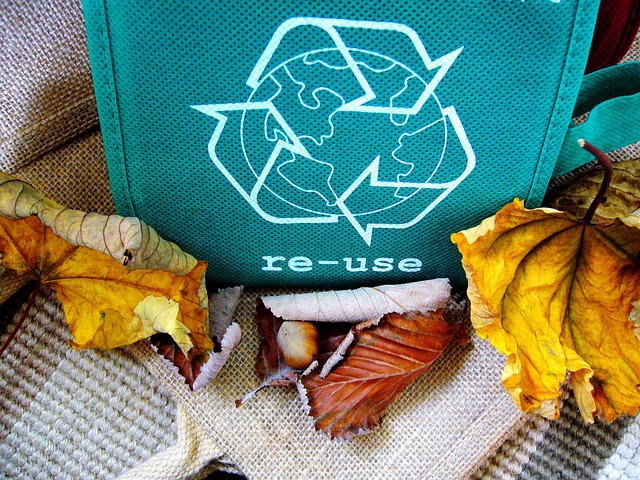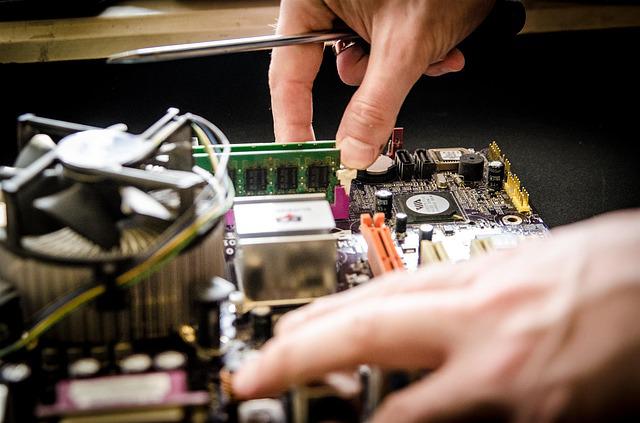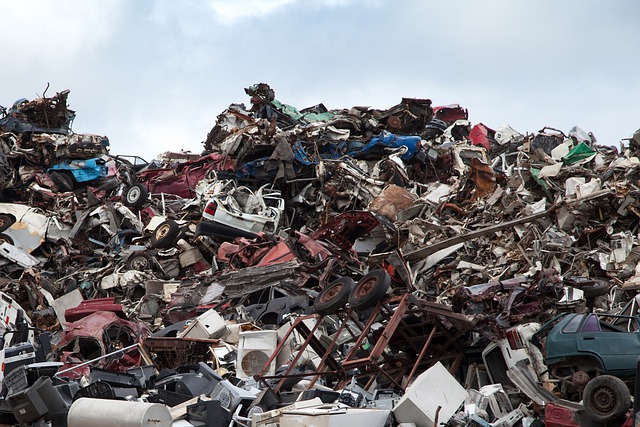Feature: The Circular Economy is not a hard sell
Scotland’s Minister for Green Skills, Circular Economy and Biodiversity, Lorna Slater, explains what the Circular Economy Bill means, and why prioritising reuse over refuse is good for the environment, jobs and business.
It has been eight years since the Scottish Government published Making Things Last, its landmark circular economy strategy. An ambitious document outlining a clear vision for how the country might substantially reduce waste and create new entrepreneurial opportunities, despite its age the document has never been more relevant than it is today.

Not least because it’s now been 12 months since the Scottish Government created a Minister for Green Skills, Circular Economy and Biodiversity, with Lorna Slater, MSP for Lothian, taking up the new role. And, as she is quick to tell Environment Journal, the Bill, currently at consultation stage, isn’t just about encouraging reuse over refuse to save the environment: it can also help ease the cost of living crisis.
‘Where people have access to things like tool libraries and repair hubs, that means they can easily access what they need for an excellent quality of life without having to spend extra money. Essentially, it’s the opposite of this consumerist model, where we measure success on how much we can buy. Now we’re going to be measuring in terms of how good our quality of life is. It’s called the wellbeing economy,’ says Slater.
‘We need to change our economy so resources, valuable resources, are used again and again, and again. That’s where the ‘circular’ phrase comes from. That means designing things to be used for longer, designing things for repair, reusing them,’ she continues, explaining this approach might reduce some types of sales, but actually creates opportunities for new types of businesses to open. ‘It means when things do come to the end of their life, finding ways to reuse materials, reclaim materials, either for the same purpose or new uses. This absolutely minimises what we call residual waste… and we have to do this to meet our carbon emissions targets.’
Those looking for hard numbers can refer to page 25 of the Circular Economy Bill itself, which states ‘the production, consumption, and all too often waste, of goods and services’ is responsible for around four-fifths of Scotland’s total carbon footprint. And this is before we come to the realities of what to do with many of the materials being thrown away. Plastic bottles, for example, can take up to 450 years to decompose, during which time they have potential to cause serious ecological harm, not least by entering water sources or the food chain.
‘We launched the Circular Textiles Fund last week to help businesses working to move away from a fast fashion economy,’ Slater replies when we ask for any tangible circular initiatives already underway in Scotland ahead of the Bill becoming an Act. ‘The fund is £2m, and different projects, organisations, third party businesses can apply if they have an innovation in that space, or to scale up their operations… Textiles only make up 4% of our waste by mass, but the carbon footprint is enormous.

‘The Scottish Government is also making the largest investment in recycling services for a generation, through the Recycling Improvement Fund,’ she continues, citing local authority awards amounting to £13m that have been handed out to bring standards into the 21st Century. ‘Fyfe Council, for example, is putting in place recycling for soft plastics, which for myself make up a lot of what is going into my household waste.’
Improving systems and infrastructure to more efficiently deal with waste in an environmentally sound way, and ensure less is thrown away by making it easier to repair and reuse, are cornerstones of the circular economy. Nevertheless, a hearts and minds battle must be won. To make any of this work, our culture needs a step change to end single-use society behaviour. Slater believes this sounds more challenging than it actually is.
‘I think if we look at our experiences around food and drink it’s interesting. In Scotland, we have banned some of the most problematic things, like single use plastic cutlery. But eating with plastic cutlery was always horrible. It has always been unpleasant. Drinking coffee from a paper cup is hideous… Eating things fast, consuming things quickly, just to get on – is that the life we really want? In terms of all our consumer goods, if we all just buy the latest flatpack furniture our lives will all look very uniform. And people don’t want that,’ she says.
‘So I don’t think the sell is as hard as you think it is. But what we’re up against is the consumer culture that’s being pushed on us by the advertising industry and culture around us. Advertisements that make consumption look not only like the default, but the only measure of success and happiness. People making those advertisements benefit and profit from them,’ Slater explains.
Beyond changing perspectives among individuals, there is also an urgency to push companies towards better choices in terms of product designs and packaging. Slater, who has a background in Electromechanical Engineering, is embarking on a tour of universities and colleges to talk with research departments focused on these areas. Among the technologies that most excite her is 3D printing, which, if made accessible, can mitigate the need to buy an entirely new product or device just because one small part is broken.

‘In the longer-term, a UK-wide project is Extended Producer Responsibility, which is looking at packaging waste specifically. As you know, that’s what ends up in our landfills, incinerators, and as litter through fly-tipping. The public purse is cleaning this up. But our public services should be focused on transport, healthcare, social care, education. We know budgets are constrained, so why should taxpayers be paying to clean up this mess,’ Slater asks, rhetorically.
‘This is basically saying to producers: ‘No, you guys are making this mess, you clean it up, or change your business model to stop producing so much waste’,’ she says, explaining the idea of Extended Producer Responsibility boils down to levying additional charges against companies that use excess packaging, revenue then reinvested in services. The end goal being to have firms abandon outdated approaches in favour of a less-is-more ethos.
Perhaps the most striking thing about the Circular Economy Bill proposals, and the other initiatives Slater mentions during our call, is the simplicity. Establishing a network of repair and domestic tool hire centres isn’t actually a huge leap. In many ways, it harks back to a slower age, when maintenance – and therefore product life-extension – was easier. Similarly, asking producers to use fewer resources when and packaging products is straight forward.
Another case in point is the new deposit return scheme, already approved for Scotland and set to be rolled out from August 2023. Mirroring many other countries, a 20p levy will be charged on top of the price of any bottled product. Return the bottle to a drop-off site, and the 20p is repaid to you. ‘We’re expecting an increase from around 45-50% recycling to more like 90%, closer to what you see in other countries,’ Slater tells us.
‘A lot of what’s in [the bill] is radical for the UK, but is really just bringing us up to speed with our European neighbours. For example, Wales already has excellent recycling, some of the best in the world, and if they can do that with their devolved powers we can absolutely do better than we currently are in Scotland,’ she continues. ‘A lot of the proposals in the bill are just about modernising.’
The Scottish Government is currently consulting on the Circular Economy Bill and Delivering Scotland’s circular economy: A Route Map to 2025 and Beyond. Anyone can provide feedback and recommendations until 22nd August 2022.
Image credit: Shirley Hirst / Michal Jarmoluk / Public Domain Pictures
















